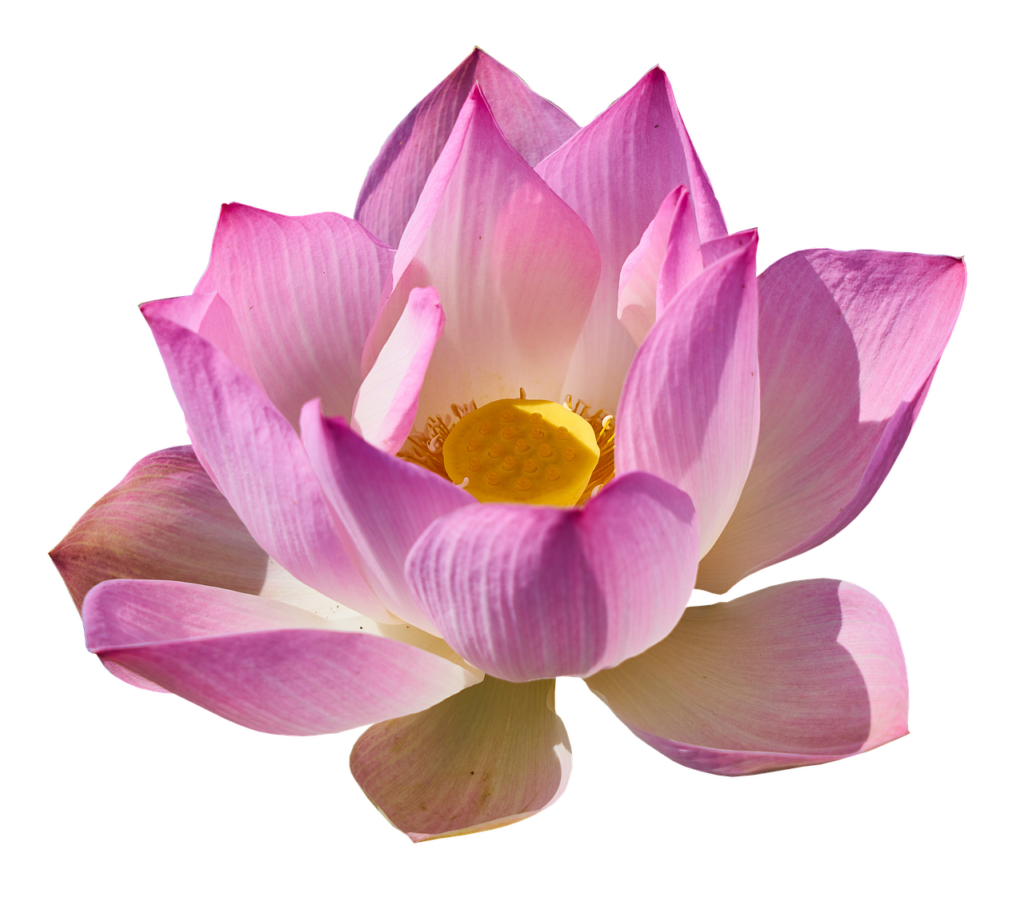If we look into some of the moments in our lives, when we spoke or acted out of anger we can become aware that the energy needed to heal the affected relationship is much greater than the energy needed to not speak or act out of anger in the first place.
Awareness of the above truth can help us to be more diligent in embracing our anger with kindness and curiosity and care. May it inspire us and may we remember it, daily.
Therefore we practice stopping, breathing and looking deeply into the causes of our anger inside of us, instead of acting out and following our direct impulse when we are angry. Anger becomes a bell of mindfulness for us. Some of our important needs are unfulfilled. Can we practice self-compassion and give us space and understanding for this anger? Thay likes to share the image of the caring mother, attending to a crying baby. Can we be that caring mother, holding our anger with care as if it were a beloved young, vulnerable human being?
This is the practice of the Buddha.
Brother Phap Luu shares about this insight of his in the 4 minute clip below.
Sixth Mindfulness Training – Order of Interbeing
Taking care of anger is also the focus of the sixth mindfulness training of the order of Interbeing.
Aware that anger blocks communication and creates suffering, we are committed to taking care of the energy of anger when it arises, and to recognizing and transforming the seeds of anger that lie deep in our consciousness.
When anger manifests, we are determined not to do or say anything, but to practice mindful breathing or mindful walking to acknowledge, embrace, and look deeply into our anger. We know that the roots of anger are not outside of ourselves but can be found in our wrong perceptions and lack of understanding of the suffering in ourselves and others.
By contemplating impermanence, we will be able to look with the eyes of compassion at ourselves and at those we think are the cause of our anger, and to recognize the preciousness of our relationships. We will practice Right Diligence in order to nourish our capacity of understanding, love, joy, and inclusiveness, gradually transforming our anger, violence, and fear, and helping others do the same.
